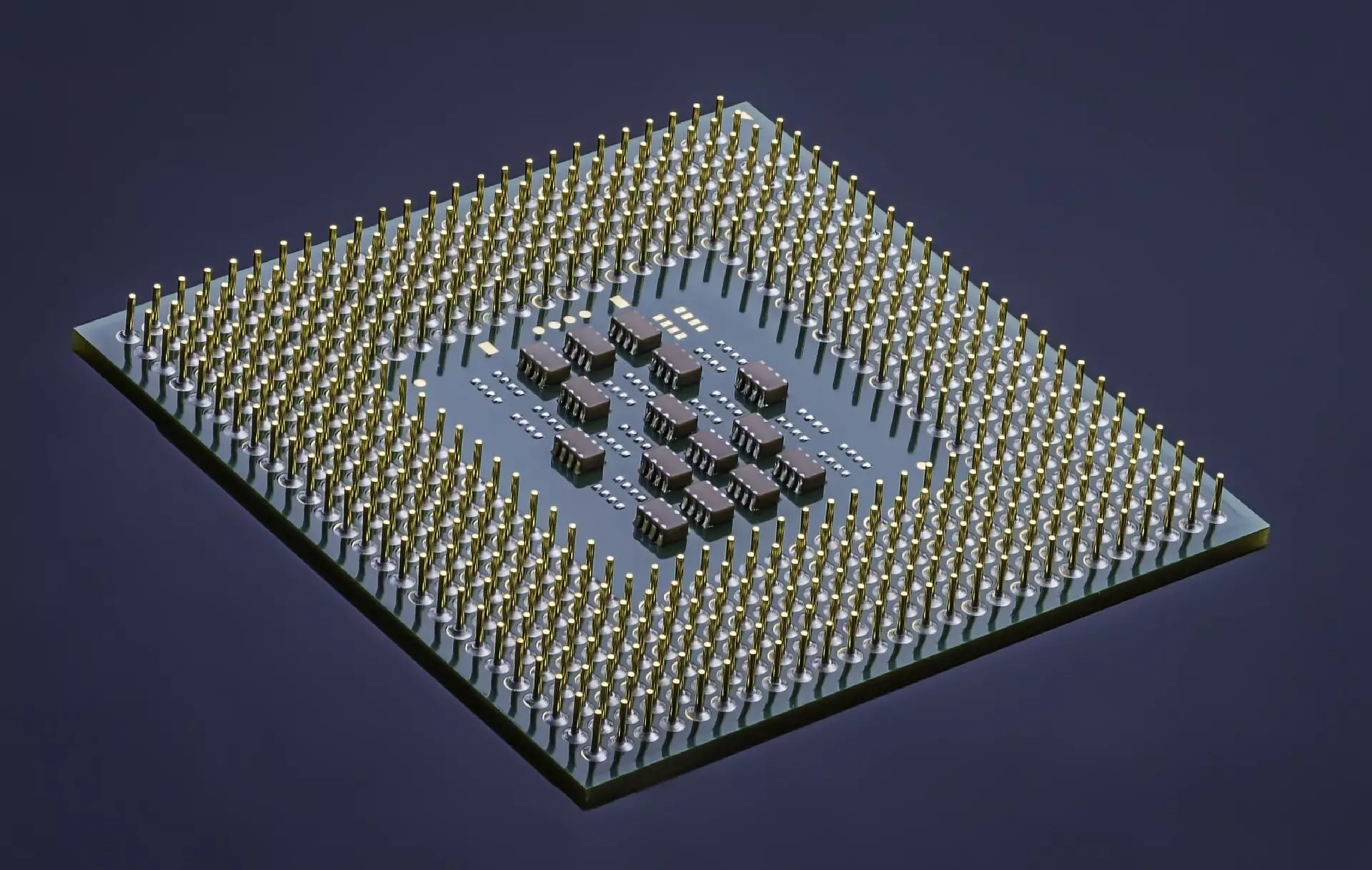In an era marked by rapid technological advancement, semiconductors have emerged as a vital cornerstone for modern devices and systems. The recent acquisition of a semiconductor facility by the UK government underscores the essential role these components play, particularly in military applications. With the facility located in Newton Aycliffe, northeast England, and uniquely capable of producing gallium arsenide chips, this move is not merely a financial transaction; it is a strategic endeavor to fortify the United Kingdom’s defense capabilities amidst a landscape increasingly characterized by geopolitical tensions and supply chain vulnerabilities.
Gallium arsenide chips hold immense value in various electronic systems, offering enhanced performance in high-frequency and high-power applications. Their strategic importance cannot be underestimated, especially as they are integral to the functionality of advanced military platforms, including fighter jets and missile guidance systems. The Defense Secretary, John Healey, articulated the government’s recognition that semiconductors are not just components of technology today but critical elements in securing the military’s future operational capabilities. This awareness reflects a broader global trend wherein nations are prioritizing semiconductor production to ensure their technological and defense independence.
Acquiring the factory from Coherent Inc., a US-based company, represents more than just safeguarding national security; it also promises to preserve jobs and stimulate local economies. The UK Ministry of Defense (MoD) estimates that this acquisition will protect around 100 jobs in the region. The impending closure of the facility, which loomed due to the expiration of a significant contract with a major client, highlighted the fragility of the semiconductor supply chain. By investing approximately £20 million ($27 million) into this venture, the UK government aims to mitigate such risks, enhancing both economic stability and national defense.
The strategic acquisition also reflects a growing awareness of the global semiconductor market dynamics. With more than a trillion semiconductors produced annually and a projected market valuation of $1 trillion by 2030, the significance of controlling semiconductor production is paramount. The intensified competition between the United States and China for semiconductor supremacy is indicative of its geopolitical implications. Countries are now recognizing that self-sufficiency in semiconductor manufacturing is crucial not only for economic stability but also for national security.
The UK government’s decisive action to acquire the Newton Aycliffe semiconductor factory signifies a proactive approach to ensuring technological independence and enhancing national defense capabilities. By recognizing the strategic importance of semiconductor manufacturing, the government not only secures jobs but also fortifies the backbone of its military readiness. As the landscape of global technology and military capabilities evolves, this acquisition could well be a turning point in the UK’s ambitions to thrive in an increasingly competitive arena. The future of technology, from artificial intelligence to advanced warfare systems, hangs in the balance, making such strategic decisions more vital than ever.


Leave a Reply